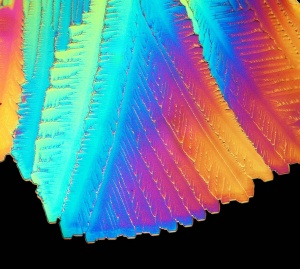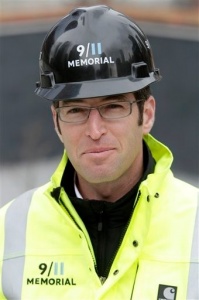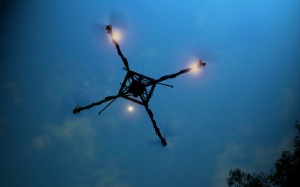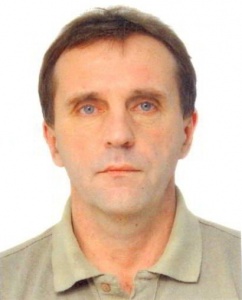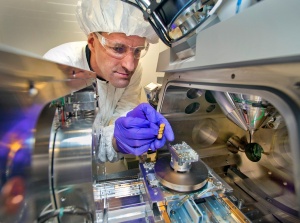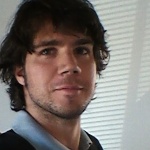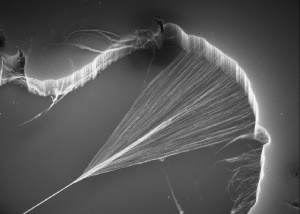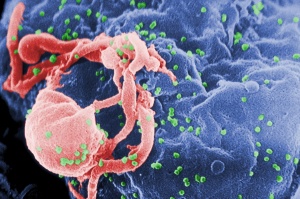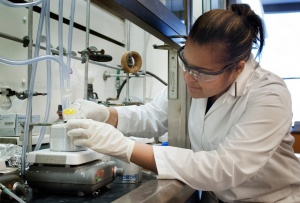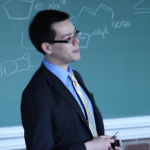We invite you to our weekly seminar, titled “Computational Materials Design via Structure Prediction”.
Speaker: Dr. Qiang Zhu
When: December 08, 2014; 13.30 – 15.00
Where: Beijing-2 Auditorium, China cluster, Moscow School of Management
SEMINAR ABSTRACT:
Crystal structure prediction (CSP) has been viewed as a major challenge in physical science for a long time. However, there have been a lot of breakthroughs in this field recently. Among them, we developed an evolutionary algorithm (EA) based method to enable the accurate and reliable prediction of structures from very limited information (such as the chemical system, external conditions, .etc).
How does it work – and why? In this lecture, I will summarize the principles of CSP, and its recent developments as follows, 1) predicting complex molecular crystals such as pharmaceutical compounds; 2) optimizing compositional space for compounds and co-crystals; 3) predicting low dimensional systems.
SPEAKER INTRODUCTION:
Dr. Qiang Zhu earned a BS in Materials Science and Engineering from Beijing University of Aeronautics and Astronautics in 2007. He did his PhD work on computational crystallography and materials under extreme conditions at SUNY Stony Brook with Prof. Artem R. Oganov. He received his PhD with the highest honor in 2013 spring, and continued there as a postdoctoral fellow. Dr. Qiang has recently become a research assistant professor since 2014. His current research focuses on the materials and pharmaceutical design by high-throughput computation.
* The Skolkovo Institute of Science and Technology (Skoltech) is a private graduate research university in Skolkovo, Russia, a suburb of Moscow. Established in 2011 in collaboration with MIT, Skoltech educates global leaders in innovation, advances scientific knowledge, and fosters new technologies to address critical issues facing Russia and the world. Applying international research and educational models, the university integrates the best Russian scientific traditions with twenty-first century entrepreneurship and innovation.
